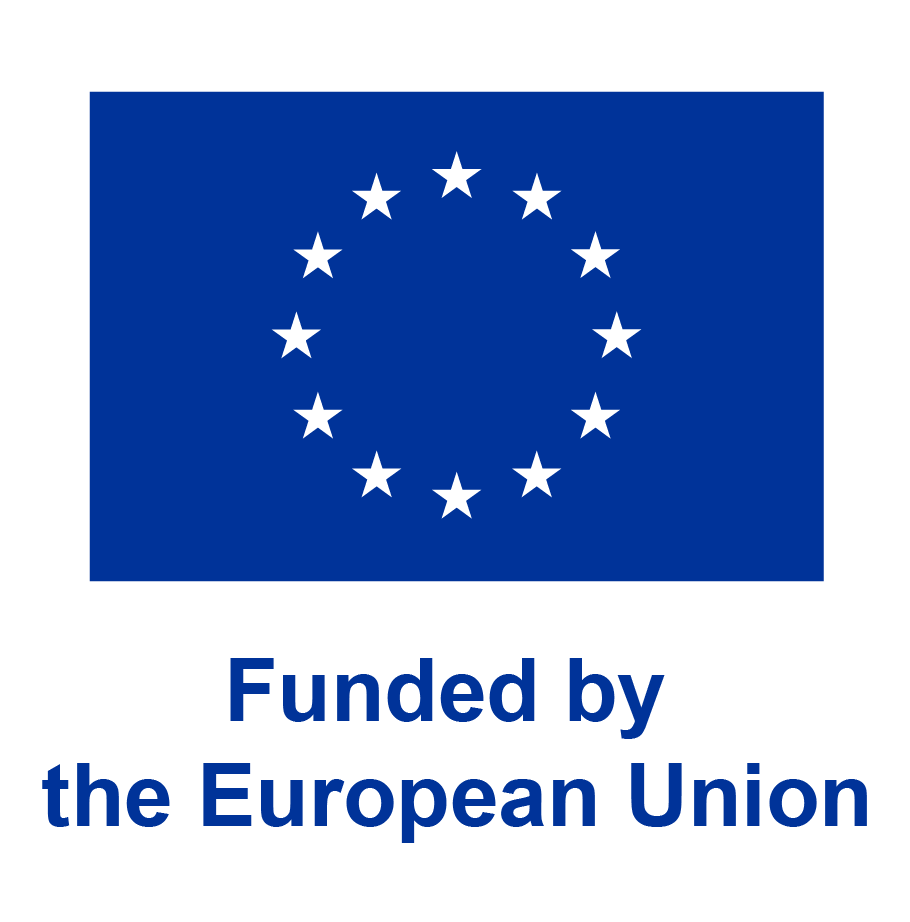Team
Instituto de Ciências Sociais (ICS) | Universidade de Lisboa (UL) Portugal
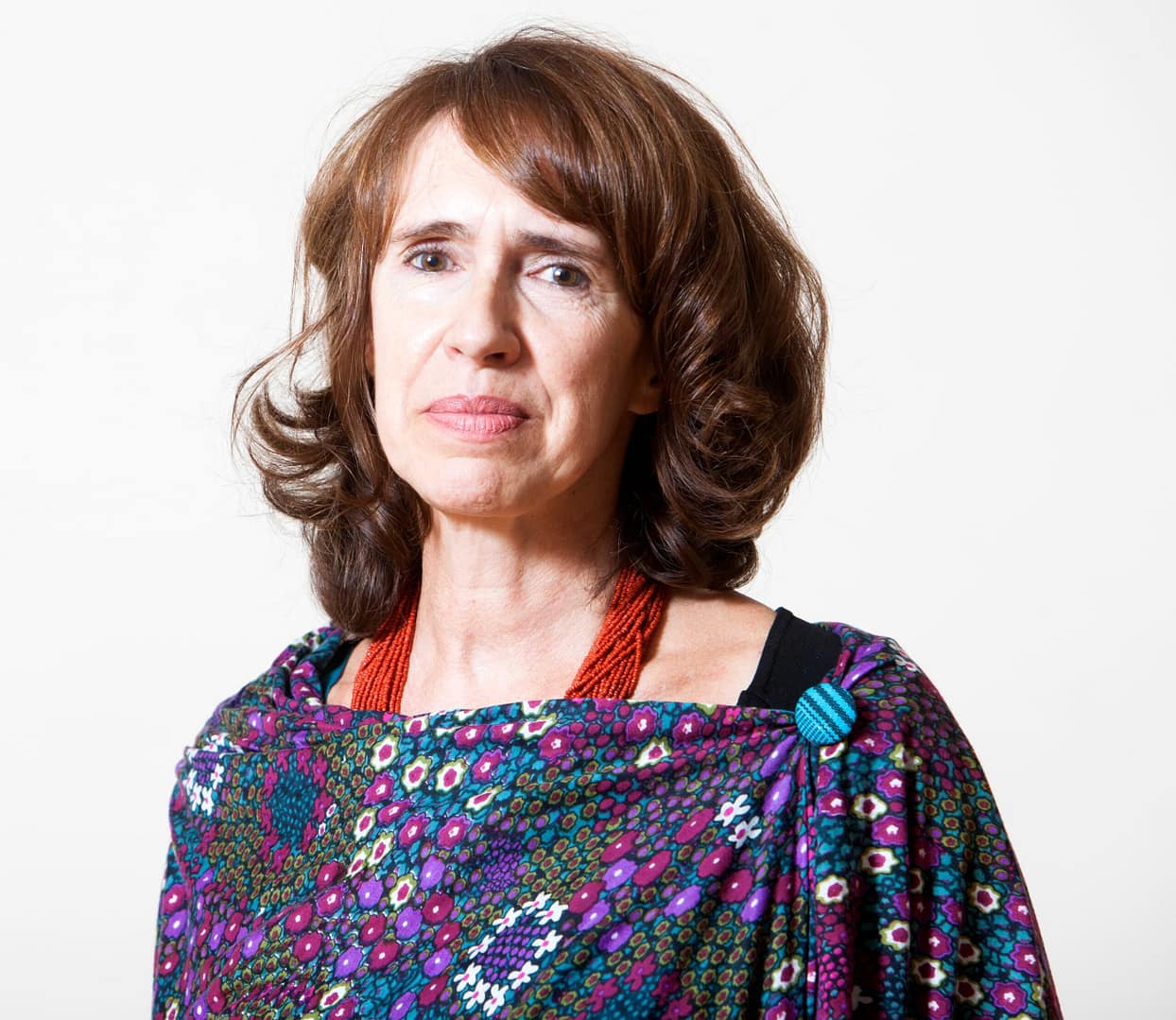
Susana Matos Viegas
TEAM LEADER
Read more
Research Professor at the Institute of Social Sciences at UL. Has a PhD in Social and Cultural Anthropology at the University of Coimbra (2003). Her fieldwork research among the indigenous people Tupinambá de Olivença in Brazil included being the coordinator of the anthropological report to demarcate the indigenous land (1997-2009). Her research topics are on personhood, indigenous people’s territorialities, ancestorship and historicities in the indigenous Atlantic. Since 2012 also among the Fataluku (Timor-Leste). Editor-in-Chief of Tipití: Journal of the Society for the Anthropology of Lowland South America, since 2022.
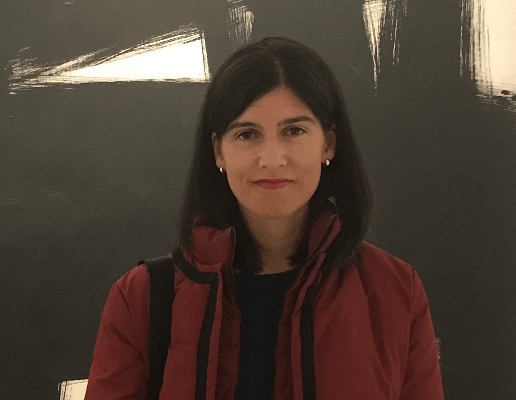
Alva Teixeiro
INVESTIGATOR
Read more
Senior Distinguished Professor in the Department of Letters at the University of A Coruña (UDC) and, since 2022, Foreign Associate Professor in the Postgraduate Program in Letters at the Pontifical Catholic University of Rio Grande do Sul (PUCRS, Brazil). She previously served as Associate Professor of Brazilian Studies (2024) and Assistant Professor (since 2012) at the School of Arts and Humanities, University of Lisbon (FLUL). Her expertise lies in Brazilian literature and inter-art relations, with research interests focusing on the intersections of literature, identity, testimony, and resistance in contemporary Brazilian narratives—particularly in ‘migrant literature’ and ‘literature from the periphery’.
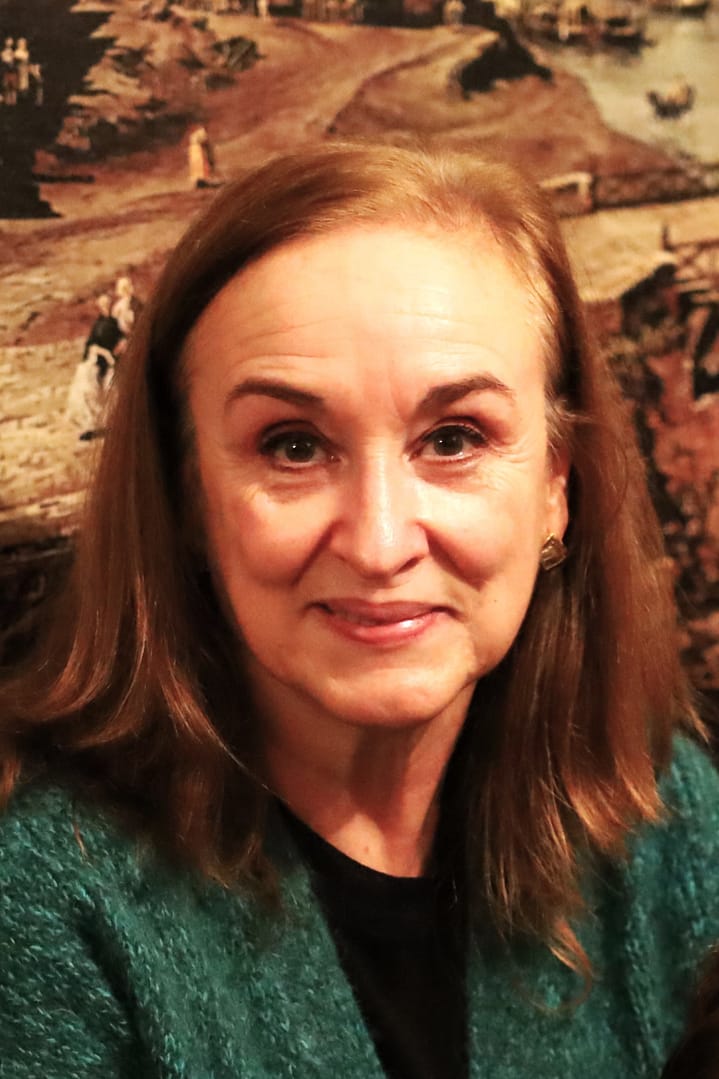
Ângela Domingues
INVESTIGATOR
Read more
Principal Researcher working in scientific coordination since 2009 and at CH-ULisboa since 2015. She has worked as a career researcher at the Instituto de Investigação Científica Tropical since 1998. She was a scholarship holder (1987 -88), intern (1988-90), research assistant (1990-98) and assistant researcher (1998-2009) at IICT. She is qualified to exercise scientific coordination (IICT, 2009), PhD (FCSH-NOVA, 1998) and master’s (FCSH-NOVA, 1991) in the area of History of Discoveries and Expansion, specialising in the History of Colonial Brazil. Her doctorate was recognised by the Universidade Estadual do Rio de Janeiro, Brazil in 2015.
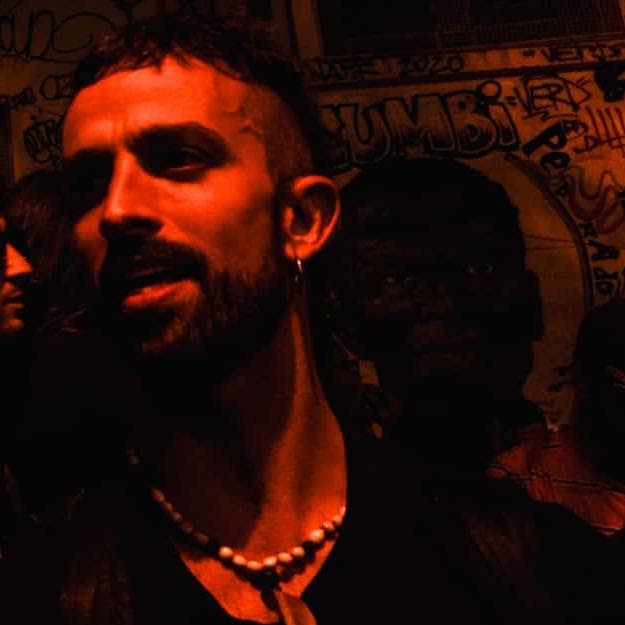
Felipe Mattos Johnson
INVESTIGATOR
Read more
PhD candidate in Anthropology at the Institute of Social Sciences of the University of Lisbon. He earned his master’s degree in anthropology at the Federal University of Grande Dourados (Brazil, 2019). Since 2017, he has walked, learned, and struggled together with the Guarani and Kaiowá people in Mato Grosso do Sul (Brazil), with whom he weaves his research about the shamanic critics of these peoples face to the white people’s way of life in times of jara’s insurrections – guardian-spirits of the vital forces – against the catastrophes caused by State terror, neoextractivisms and the plantationcene.
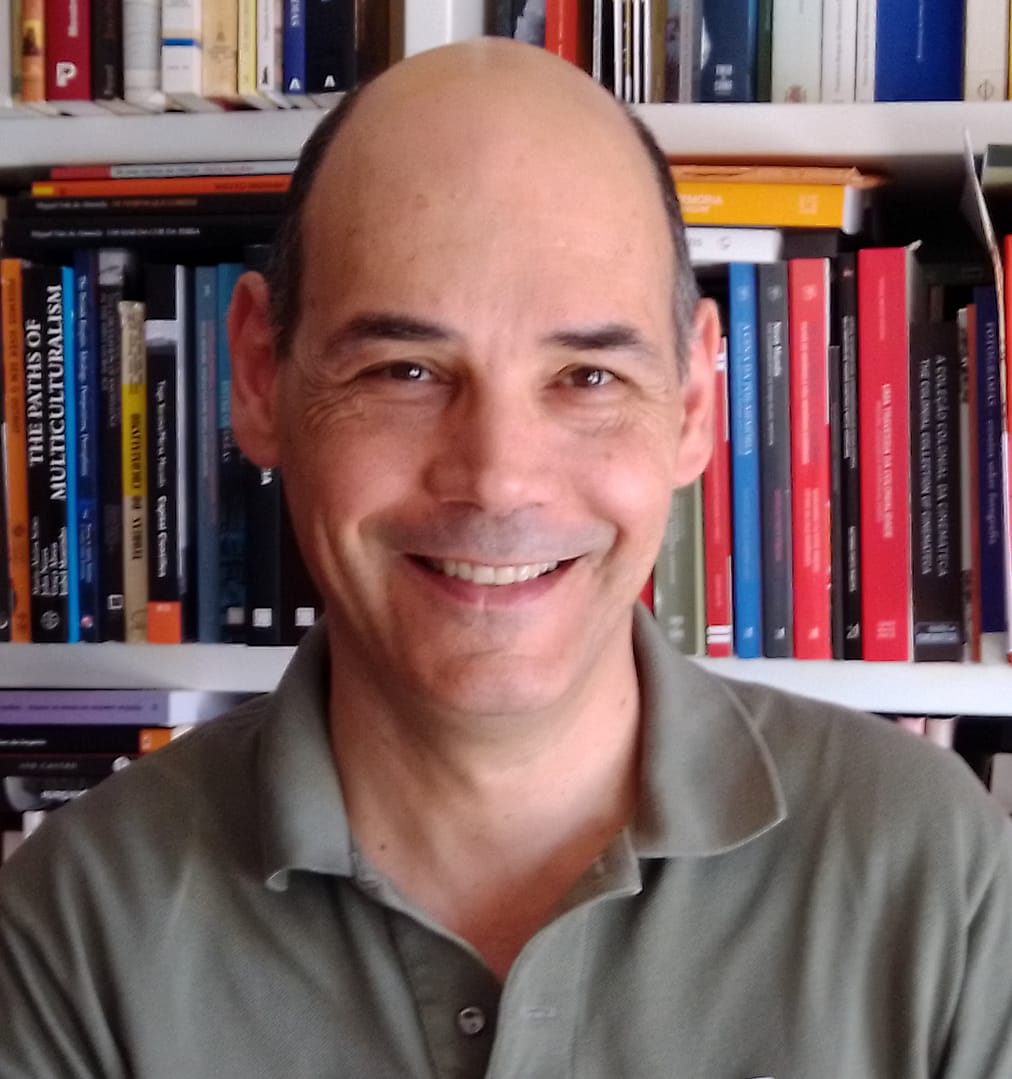
Francisco Roque de Oliveira
INVESTIGATOR
Read more
Assistant Professor at the Institute of Geography and Spatial Planning (IGOT-ULisboa), a researcher at the Centre for Geographical Studies of the UL (CEG-IGOT-ULisboa) and scientific curator of CEG’s Photographic and Map Archives. He has a PhD in Human Geography from the Autonomous University of de Barcelona. He works on the History of Cartography, the History of Geography and Geographical Thought, and the appropriation and instrumentalization of cartography for constructing symbolic spaces from a geopolitical point of view, both in colonial and post-colonial contexts.
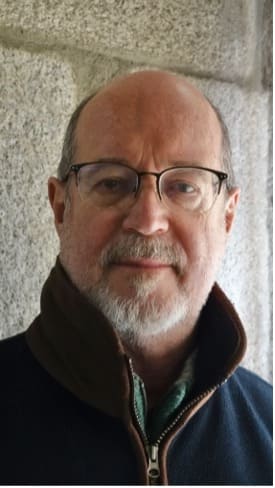
João Pina-Cabral
INVESTIGATOR
Read more
Research Professor at the Institute of Social Sciences of the UL and Emeritus Professor of Social Anthropology at the University of Kent. He has carried out intensive ethnographic research in NW Portugal, south China, and NE Brazil. His voluminous publications have delt, among other things, with questions related to kinship and personhood; religion and symbolic power; and ethnicity in postcolonial contexts. More recently, he has studied the conditions of possibility of the ethnographic gesture: see World: An anthropological examination (Chicago, HAU Books, 2017), Transcolonial (Lisboa, ICS, 2023) and Metapersons: The Return Trip (Chicago, HAU Books, in print).
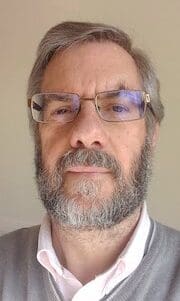
José Damião Rodrigues
INVESTIGATOR
Read more
Associate Professor at the School of Arts and Humanities of the University of Lisbon (FLUL). He was associated Dean of FLUL (2016-2019) and is currently the Head of the Area of History. His research interests are the history of empires and the Atlantic and Brazilian history (1500-1820). His current research project focuses on the political and social dimensions of the urban government of the Atlantic during the eighteenth and nineteenth centuries. The main goal is to observe the politization of societies and the formation of identities within the Iberian imperial territories.
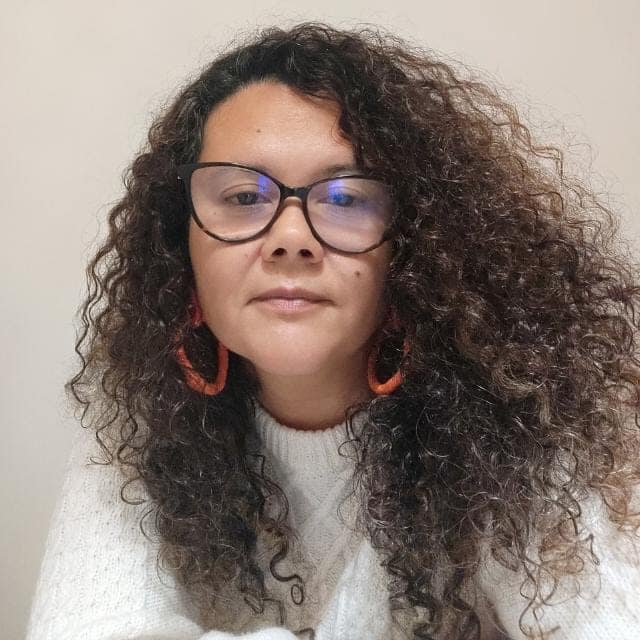
Kátia Favilla
INVESTIGATOR
Read more
PhD Student at the Institute of Social Sciences of the UL, Master in Sustainable Development with a concentration in Sustainability with Traditional Peoples and Lands from the University of Brasília (2017), Bachelor in Anthropology from the University of Brasília (1998). She worked for the Brazilian federal government as a technician and coordinator of actions with Traditional Peoples and Communities (1998-2018). She worked as an anthropologist with civil society, working closely with traditional peoples and communities (2018-2023). She worked with international organizations (UNDP, FAO, GIZ, IICA) to consult with indigenous and traditional peoples (2018-2023). Her research themes are traditional people and communities in Brazil, Land and Territory, public policies, reforestation and, more recently, forest resurgences in Portugal.
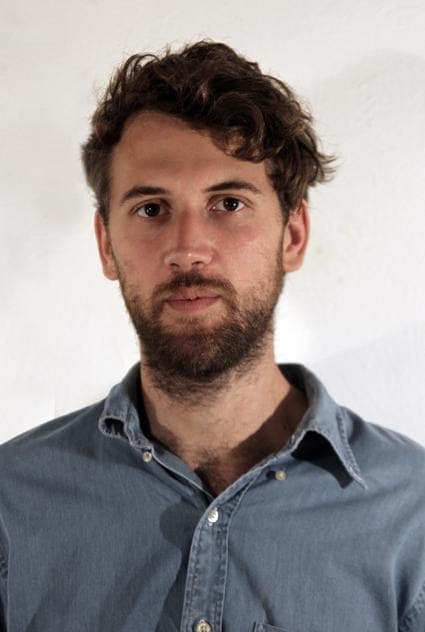
Nicholas Spiers
INVESTIGATOR
Read more
Ph.D. candidate in anthropology at the Institute of Social Sciences, University of Lisbon (ICS-UL). He holds a Master’s degree in visual anthropology from the University of Barcelona (2012) and has conducted fieldwork in the Sierra Mazateca (Oaxaca, Mexico). There, he co-founded Agua de Rayo, a nonprofit organization dedicated to visual ethnography and community-based initiatives. His research explores shamanism, Indigenous cosmo-ecologies, and territorialities.
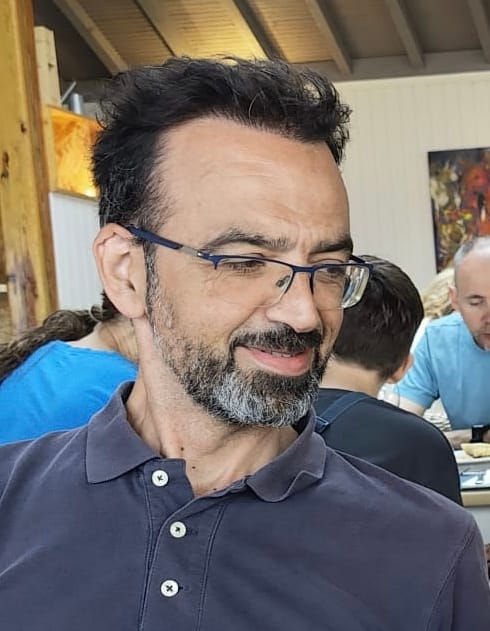
Miguel Dantas da Cruz
INVESTIGATOR
Read more
Assistant researcher at Instituto de Ciências Sociais of Universidade de Lisboa, where he coordinates the Research Group Memory, History and Society. He is also the coordinator of the Master in Brazilian Studies. He was a visiting professor at the universities of Coimbra and Lisbon and a research fellow at the John Carter Brown Library. He has published extensively on the history of the Portuguese Atlantic World. Currently, he is studying the petitionary drives of the early nineteenth-century Liberal Revolutions.

